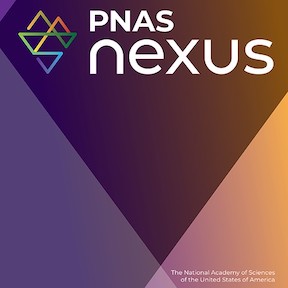 A new study by researchers at Pennsylvania State University and Williams College in Massachusetts finds that performance in core introductory courses required for STEM degrees is strongly associated with degree completion. In 2017, Black, Hispanic, and Indigenous individuals comprised 30 percent of the U.S. population, 34 percent of STEM-intending incoming college students, and but only 18 percent of undergraduate STEM degree recipients.
A new study by researchers at Pennsylvania State University and Williams College in Massachusetts finds that performance in core introductory courses required for STEM degrees is strongly associated with degree completion. In 2017, Black, Hispanic, and Indigenous individuals comprised 30 percent of the U.S. population, 34 percent of STEM-intending incoming college students, and but only 18 percent of undergraduate STEM degree recipients.
The researchers analyzed nearly 110,000 student records from six large, public, research-intensive universities in order to assess whether introductory courses in STEM fields were disproportionately weeding out underrepresented minority students. They found the association between low performance in an introductory STEM class and failure to obtain a STEM degree is stronger for underrepresented minority students than for other students, even after controlling for academic preparation in high school and intent to obtain a STEM degree.
For those students who got Cs or better in all their introductory STEM courses, White males have the highest probability of obtaining a STEM degree at 48.4 percent. Black female students who got Cs or better in introductory courses only have a probability of 28.2 percent of graduating with a STEM degree.
For White males who received a grade of D or F in one introductory or withdrew from a course, the probability of them obtaining a degree in a STEM field dropped to 33.4 percent. For those who received two grades of D or F or who withdrew, the probability of STEM degree attainment dropped to 20.8 percent.
For students from underrepresented groups, a grade of D or F or withdrawal from the courses decreased the probability of STEM degree attainment to 23.6 percent for men and 21.1 percent for women. If they received two grades of D or F or withdrew, the probability of STEM degree attainment dropped to 12.1 percent for men and 11.3 percent for women.
The authors conclude by saying that “we encourage institutions to take the results from our study and other studies to continue working towards change at multiple levels — course, department, and institution — in order to make STEM pathways diverse, equitable, and inclusive.
The study, “Do Introductory Courses Disproportionately Drive Minoritized Students Out of STEM Pathways?” was published in PNAS Nexus. It is available here.










